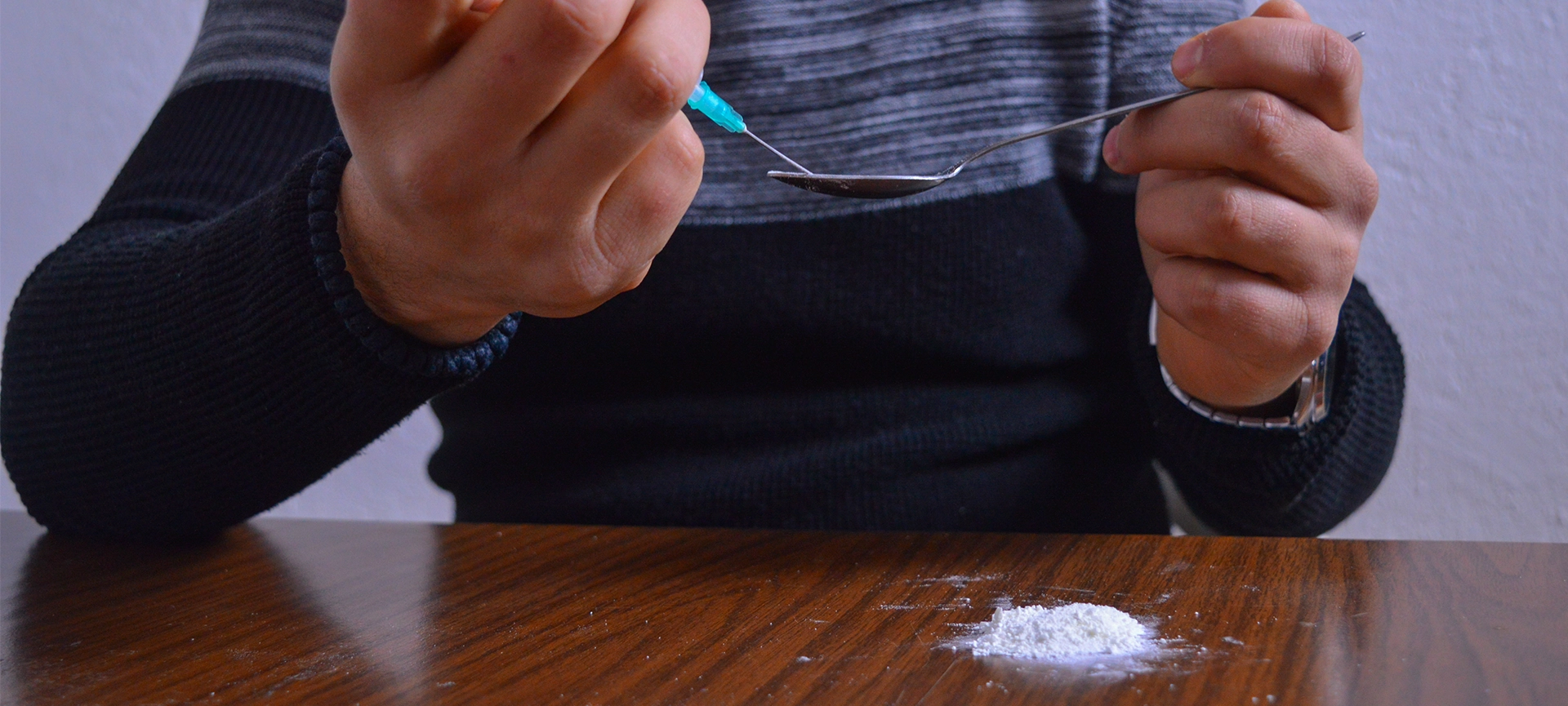Meth addiction is a serious issue that affects not only the person struggling with the addiction but also their loved ones. It can be challenging to know how to help someone who is an active meth addict, but there are steps you can take to support them.
This blog will discuss tips for helping a meth addict and supporting them through their recovery journey.
Understanding Meth Addiction
Before we dive into how to help a meth addict, it is important to understand what meth addiction is and how it affects individuals.
Meth, also known as crystal meth, is a highly addictive stimulant that produces intense euphoria, alertness, and energy. Meth is a Schedule II drug, which has a high potential for abuse and can lead to severe psychological or physical dependence.
Meth addiction can cause various physical and psychological symptoms, including weight loss, dental problems, paranoia, anxiety, and aggression. It can also lead to severe health issues such as heart disease, stroke, and liver damage. Meth addiction can also impact a person’s relationships, work, and overall quality of life.
Helping a Meth Addict: A Step-by-Step
If you have a loved one who is struggling with meth addiction, there are several steps you can take to help them.
Educate Yourself
The first step in helping a meth addict is to educate yourself about the addiction. Learn about the signs and symptoms of meth addiction, the effects of the drug on the body, and the treatment options available. This will help you understand what your loved one is going through and how you can best support them.
Start by reading reliable sources of information about meth addiction, such as the National Institute on Drug Abuse (NIDA), the Substance Abuse and Mental Health Services Administration (SAMHSA), and the American Addiction Centers. These sources provide comprehensive information about the signs and symptoms of meth addiction, the effects of the drug on the body and mind, and the treatment options available.
By reading reliable sources, talking to professionals, attending support groups, watching documentaries, and taking online courses, you can better understand addiction and how to support your loved one through their recovery journey.

Offer Support
Let your loved one know that you are there for them and that you support them. Offer to help them find treatment, attend support group meetings with them, or simply listen when they need someone to talk to.
It’s important to approach the situation with care and empathy while also setting boundaries and being honest about your concerns.
- Choose the right time and place: Choose a private and quiet setting to have the conversation where you won’t be interrupted or overheard. Make sure you choose a time when your loved one is sober and not under the influence of meth.
- Express your concern: Start the conversation by expressing your concern and love for your loved one. Let them know that you are there for them and worried about their health and well-being.
- Avoid judgment and blame: Avoid using judgmental or accusatory language. Instead, use “I” statements to express your feelings and concerns. For example, say “I’m worried about your health” instead of “You’re ruining your life.”
- Offer support: Offer your loved one support and help in seeking treatment. Let them know that you’re willing to help them find resources, such as addiction treatment centers, support groups, or therapy.
Encourage Treatment
Meth addiction is a complex issue that often requires professional treatment. Encourage your loved one to seek help from a qualified meth addiction program. Be patient and understanding while avoiding judgment or criticism.
Discuss the physical and mental effects of meth addiction on the body and mind. Let your loved one know that long-term meth use can cause serious health problems and that addiction can be difficult to overcome without professional help.
Address any concerns or fears your loved one may have about seeking professional help. For example, they may be worried about the cost of treatment or about the stigma associated with addiction.
Be honest and transparent about the realities of addiction treatment, and let them know that there are resources available to help a meth addict overcome these challenges.
Set Boundaries
While it is important to support your loved one, it is also essential to set boundaries. Let them know what behaviours are unacceptable, and make it clear that you will not enable their addiction. This may involve tough love, but it is necessary for their recovery.
Related Article: Meth Addiction and Its Effects on the Body

Supporting a Meth Addict: Here’s What You Need to Do
Supporting a meth addict can be a challenging and emotional journey. Here are some tips for supporting your loved one through their recovery.
Be Understanding
Recovery from meth addiction is a process that takes time and patience. Be understanding of your loved one’s struggles and celebrate their successes, no matter how small.
Attend Support Groups
Consider attending support group meetings with your loved one, such as Narcotics Anonymous or SMART Recovery. These groups provide a safe and supportive environment for individuals in recovery and their loved ones.
Practice Self-Care
Supporting a loved one through addiction recovery can be emotionally and physically draining. It is essential to practice self-care, such as getting enough rest, eating well, and engaging in activities that bring you joy.
Celebrate Successes
Recovery from meth addiction is a significant achievement, and it is important to celebrate your loved one’s successes. Whether it’s a day sober, completing a treatment program, or reaching a personal goal, celebrate their progress and encourage them to keep moving forward.
Related Article: How Much Does Meth Addiction Rehab Cost in Canada?

In the End
To help a meth addict and support them through their recovery journey can be challenging, but it’s essential for their well-being.
By educating yourself about meth addiction, encouraging treatment, and setting boundaries, you can help your loved one navigate their recovery successfully. Remember to be patient and celebrate their successes along the way.
And when you need professional intervention, you can look to the family therapy sessions we offer as part of our holistic approach to treating meth addiction at Addiction Rehab Toronto.
Call us at 1-855-787-2424 to learn more about our meth rehab options.







